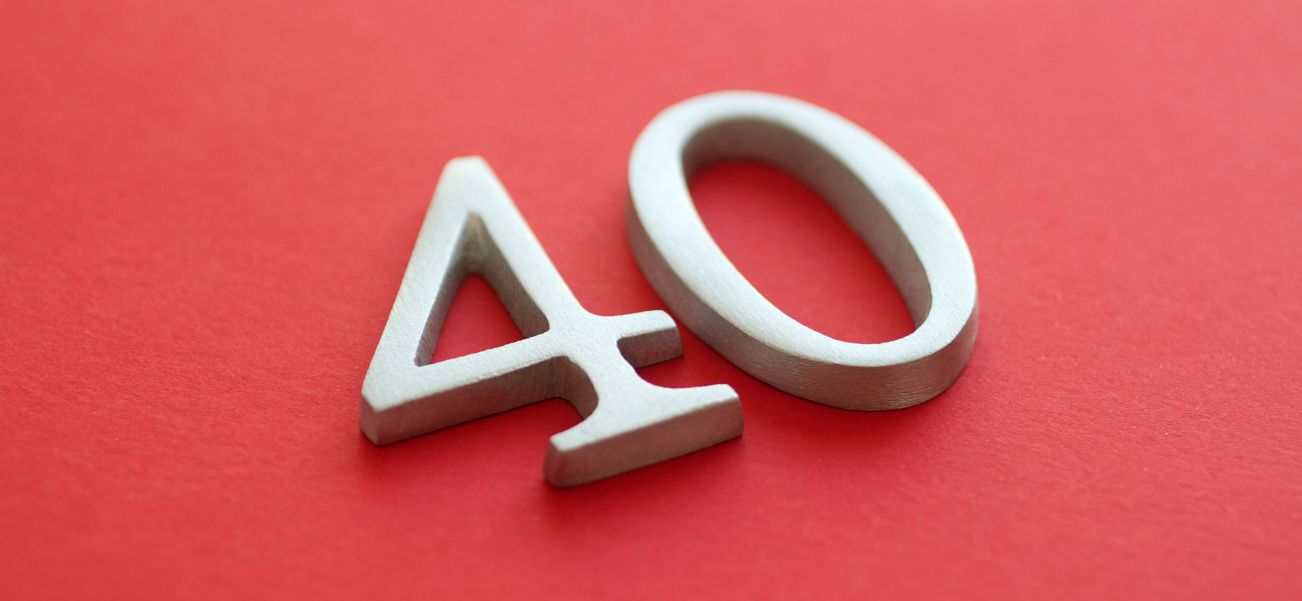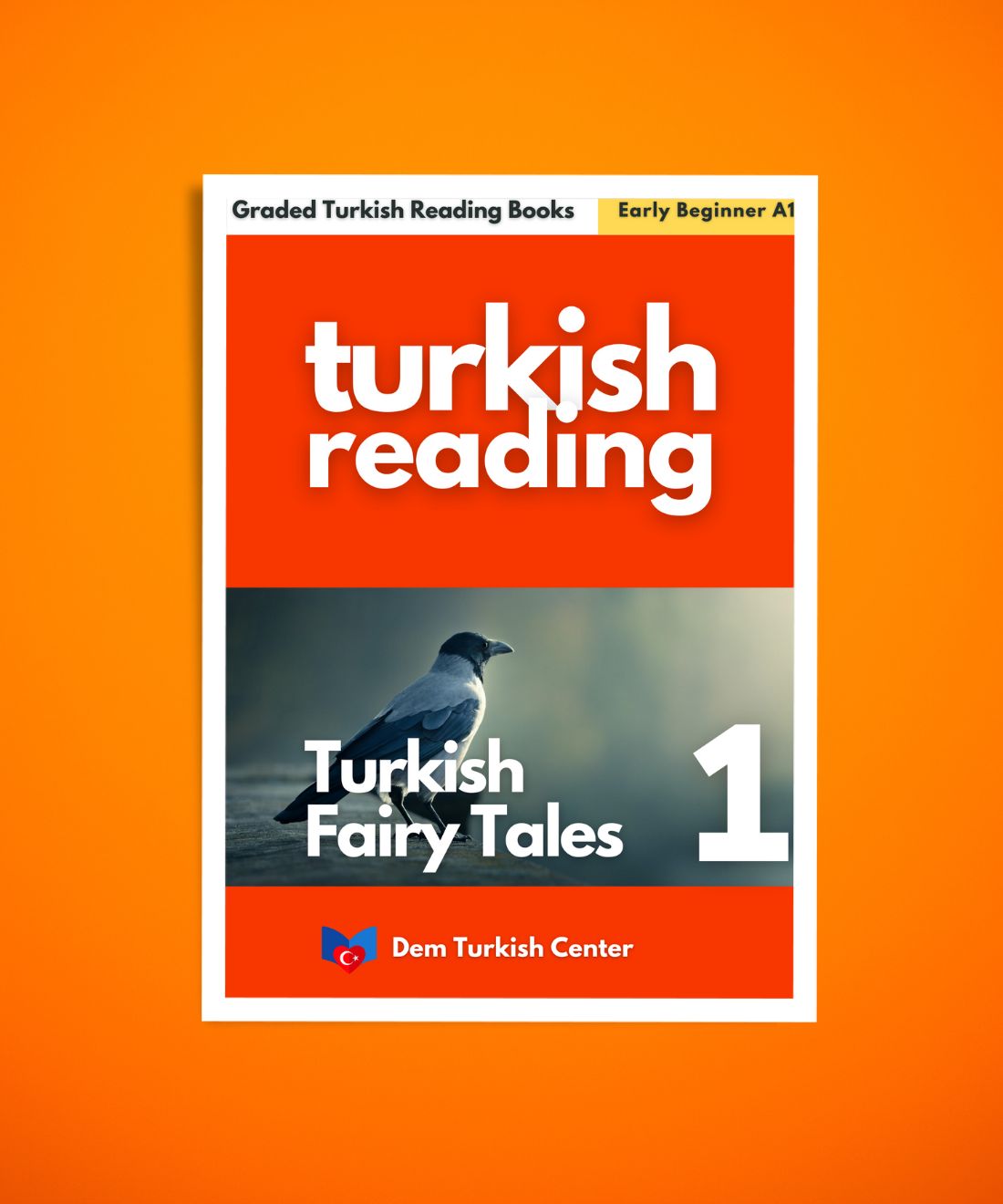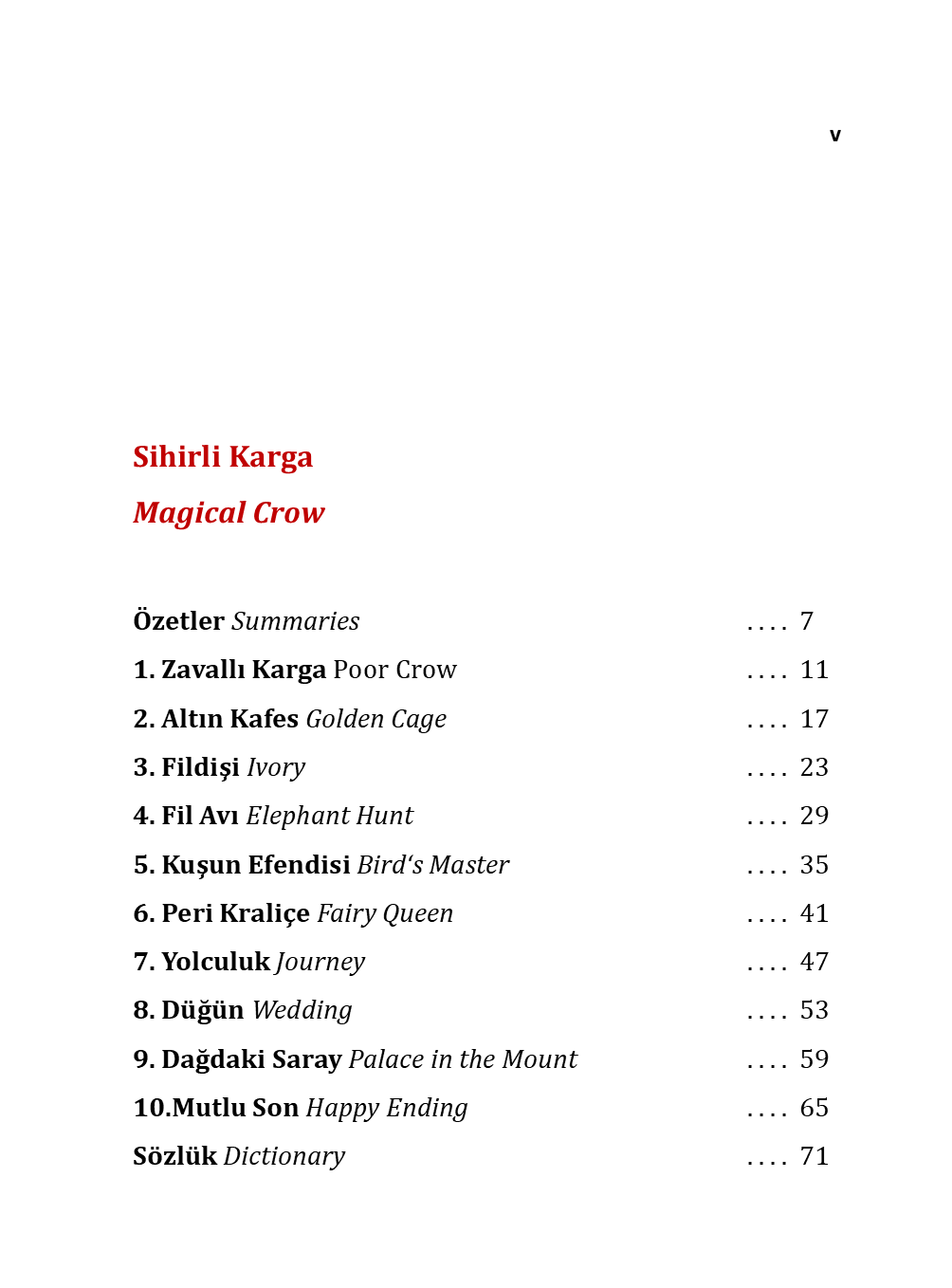
How to Use the Words 'Başka' and 'Diğer' in Turkish
When learning Turkish, it’s important to understand the nuances of similar words. The words "Başka" and "Diğer" are two such words that often confuse learners. Both can be translated as "other" or "another," but they are used in different contexts. Mastering their usage will help you sound more natural in Turkish.
LEARN HOW TO USE "BAŞKA" AND "DİĞER" IN TURKISH
In this Turkish language post, we’ll learn the meanings, differences, and examples of these two words.
What Does 'Başka' Mean in Turkish language?
The word "Başka" is used to mean "Another" or "Else" in English. It often implies a choice or distinction between options. "Başka" can stand alone or modify a noun, depending on the context.
Key Characteristics of 'Başka':
- Refers to alternatives or additional options.
- Can be used as an adjective or adverb.
Examples of "Başka":
1. Asking about alternatives:
- "Başka bir şey var mı?" Is there anything else?
- "Başka bir yer bulalım." Let’s find another place.
2. Expressing distinction:
- "Bu kitaplar başka birine ait." These books belong to someone else.
- "Burada başka bir sorun var." There is another issue here.
3. Standing alone:
- "Başka?" Anything else / What else?
- "Başka yok." There is no other.
Download Turkish language courses for self-study (video lessons + PDF worksheets and books)
What Does 'Diğer' Mean in Turkish Language?
The word "Diğer" means "Other" in English. It is more specific than "Başka." It is used to refer to a particular "other" thing or person, often in a comparative or contrasting sense. "Diğer" always modifies a noun and cannot stand alone.
Key Characteristics of 'Diğer':
- Refers to the remaining or additional part of a set.
- Always functions as an adjective.
Examples of 'Diğer':
1. Referring to specific others:
- "Diğer öğrenciler nerede?" Where are the other students?
- "Diğer kitaplar rafta." The other books are on the shelf.
2. Making comparisons:
- "Bu konu diğerlerinden daha önemli." This topic is more important than the others.
- "Diğer şehirler kadar büyük değil." It’s not as big as the other cities.
Differences Between 'Başka' and 'Diğer' in Turkish
Although both "Başka" and "Diğer" mean "other," they are used differently:
1. "Başka":
- Refers to something undefined or general.
- Can stand alone or modify a noun.
Example "Başka bir soru var mı?" Is there another question?
2. "Diğer":
- Refers to a specific other item or part of a group.
- Always modifies a noun and cannot stand alone.
Example "Diğer soruları yarın cevaplayacağız." We will answer the other questions tomorrow.
Practice Exercises
1. Translate the following sentences into Turkish:
- Is there anything else?
- The other cars are parked outside.
- Let’s find another solution.
2. Fill in the blanks with "başka" or "diğer":
- - ______ öğrenciler ders çalışıyor. The other students are studying.
- Bu çantadan ______ var mı? Is there another of this bag?
Understanding the difference between "başka" and "diğer" is a crucial step in mastering Turkish. While "başka" is more general and flexible, "diğer" is specific and structured. With practice, you’ll be able to use these words naturally in conversation. Keep practicing, and you’ll see improvement in no time. Happy learning!














